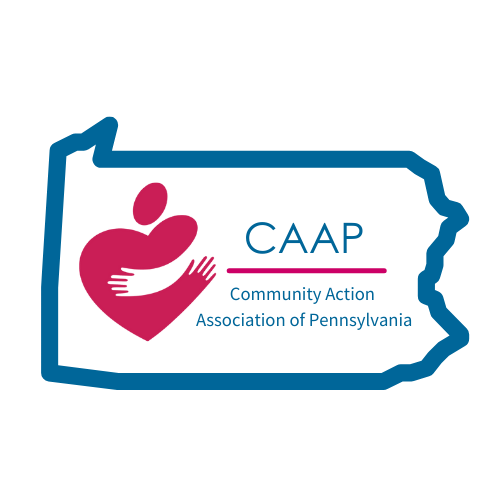Philadelphia's Proactive Approach: Canvassing Homes to Tackle the Opioid Crisis
Thousands of Americans are still facing the devastating impact of drug overdoses, particularly from synthetic opioids like fentanyl. The crisis has hit homes hard, leading Philadelphia's Office of Community Empowerment and Opportunity to take a unique and proactive approach - going door-to-door to prevent fatal outcomes. NPR's Nicole Leonard reports on this groundbreaking initiative.
In North Philly, city workers, dressed in matching royal blue polos, gather at a Dunkin' Donuts, the designated meetup spot for the day's canvassing. Nicole Leonard narrates their journey into a neighborhood, passing familiar landmarks like fast-food restaurants and daycare centers. The objective is clear - reach out to homes in overdose hotspots, offering vital resources and education on overdose awareness and addiction treatment.
The outreach workers, armed with booklets, overdose awareness guides, and Narcan (naloxone), knock on doors to engage residents. Marsella Elie, one of the outreach workers, explains the purpose - getting Narcan into every household. The initiative aims to visit over 100,000 doors in neighborhoods with rising overdose rates, particularly in Black and brown communities.
The startling reality is that overdose deaths often happen quietly within homes, and many are unaware of the prevalence. In 2022, Philadelphia recorded a staggering 1,413 drug overdose deaths, with a 20% increase among Black residents. The canvassing project sheds light on the epidemic in areas not typically associated with the addiction crisis.
Keli McLoyd of the city's Opioid Response Unit emphasizes the historical context, where Black and brown communities have borne the brunt of drug-related arrests and interventions by child protective services. The stigma surrounding drug use and hesitancy to seek resources are challenges that this initiative aims to overcome.
Daliah Heller, Vice President of Drug Use Initiatives at Vital Strategies, views the door-to-door canvassing as a profoundly effective harm reduction tactic. She highlights the power of human engagement in discussing drug use and overdose risks directly with individuals. The hope is that these conversations will extend beyond the doorstep, fostering open discussions within families and communities.
Residents like Katherine Camacho, who have witnessed the opioid crisis's impact firsthand, welcome the outreach efforts. Camacho sees the distribution of Narcan as a chance to save lives, emphasizing the importance of having these resources readily available.
Philadelphia's innovative approach, combining outreach, education, and resource distribution, signifies a significant step in tackling the opioid crisis at its roots. As the city continues its efforts, the door-to-door canvassing initiative serves as a model for proactive and community-driven solutions in the fight against drug overdoses.

